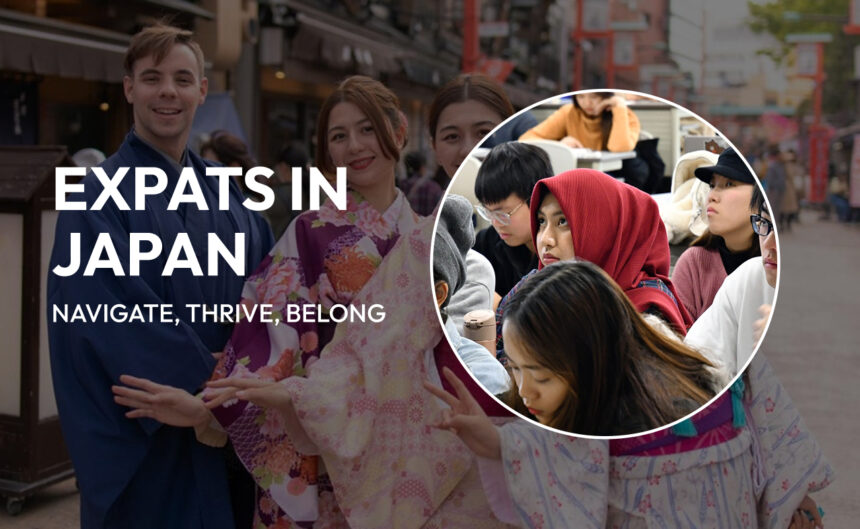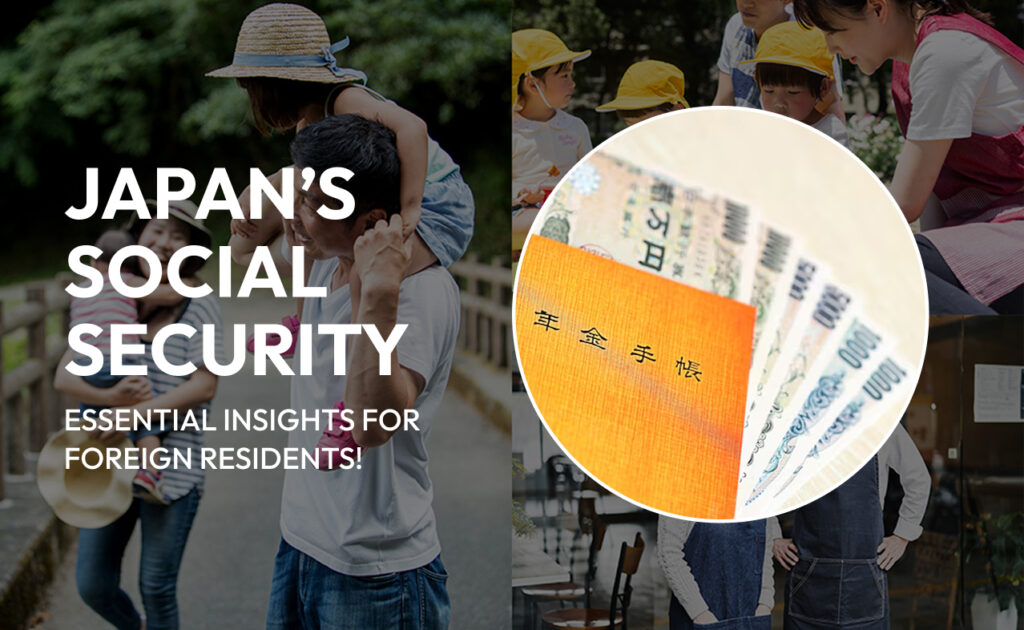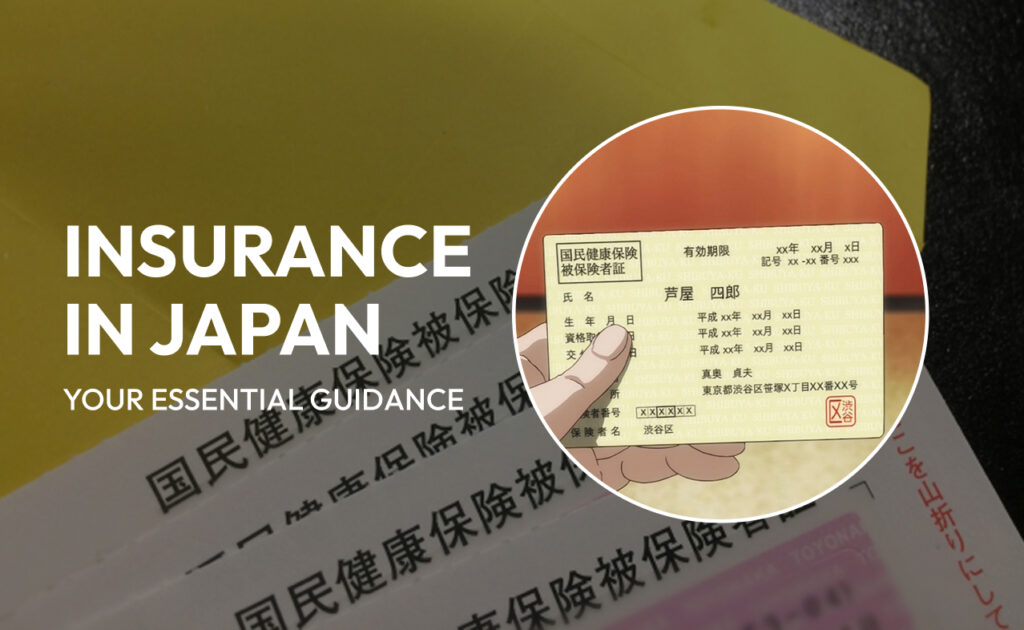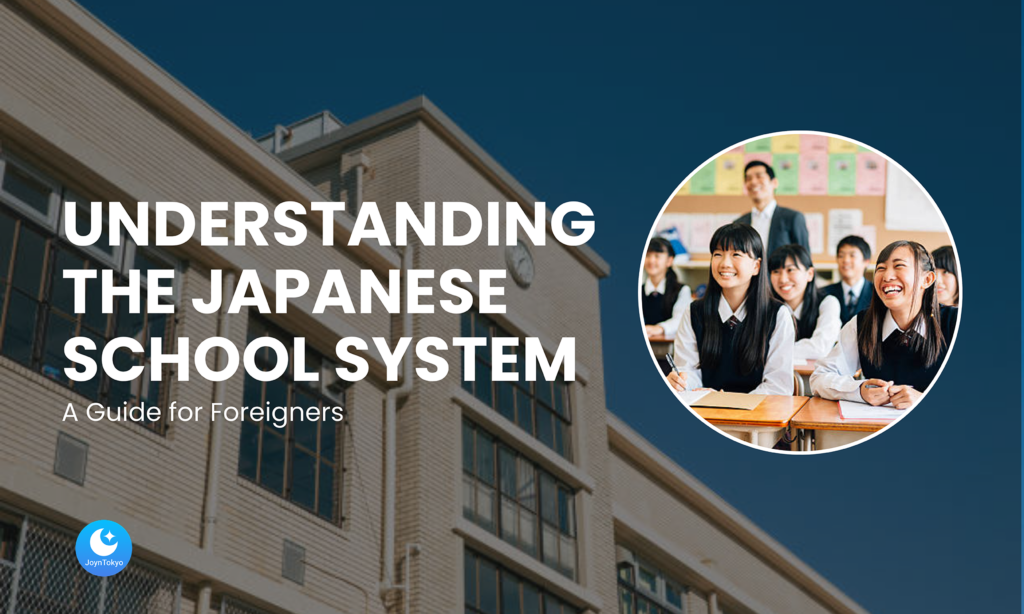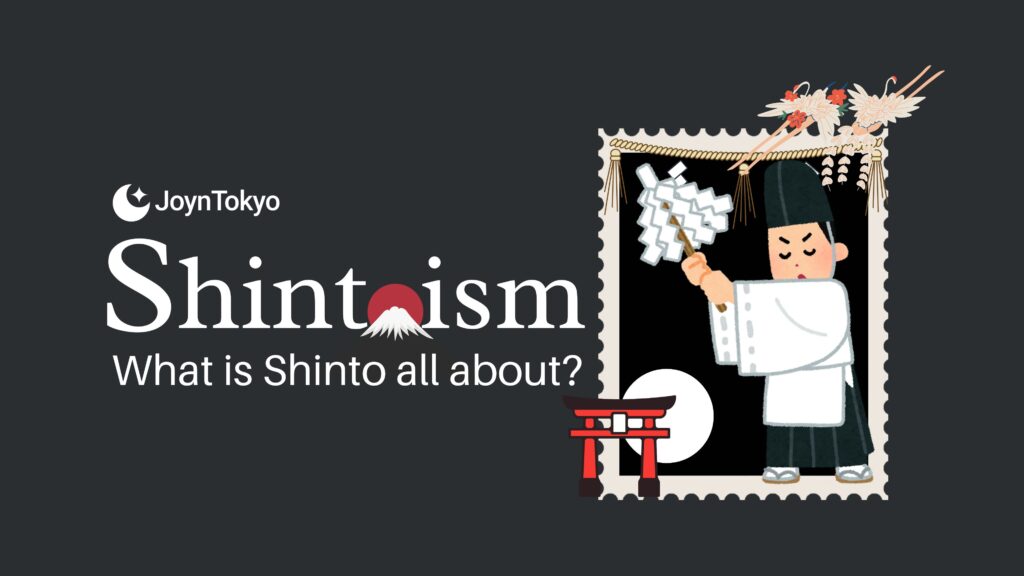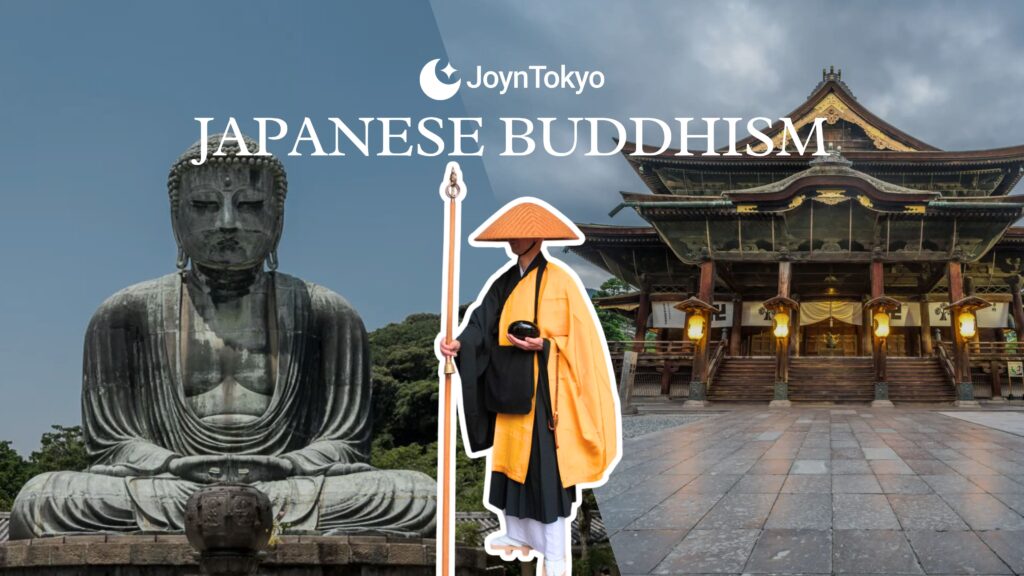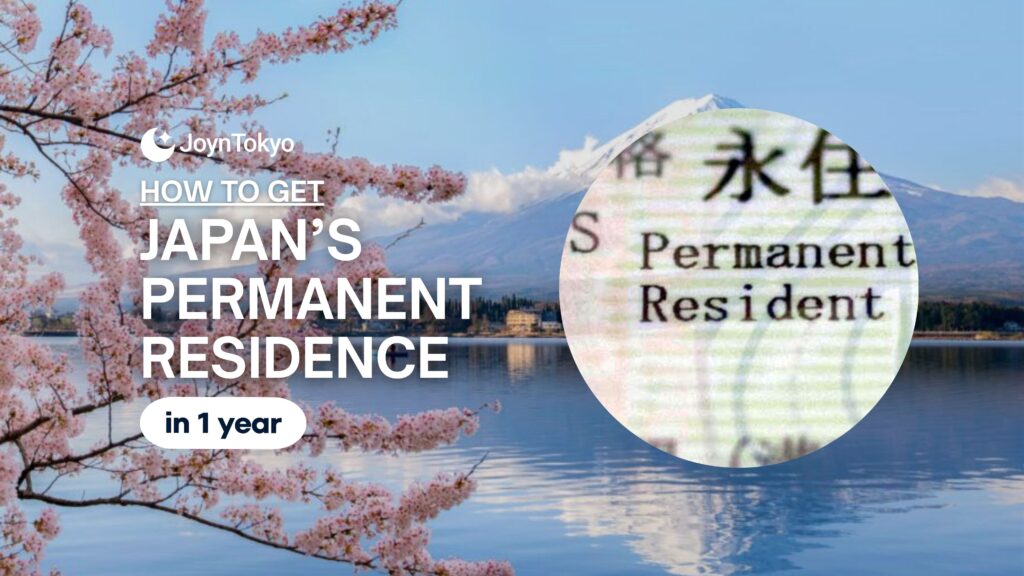Living in Japan can be an exciting adventure. Whether you are planning to relocate or have already settled here, understanding key aspects of daily life — such as visas, social security, housing, healthcare, and cultural norms — will help you navigate the country with confidence. This guide offers an overview of essential topics, drawing on insights from reliable sources and practical experiences. Please note that policies in Japan can change, so always check the latest information from official websites for the most accurate details.
Getting Started in Japan
Starting a new life in Japan involves adapting to societal customs, mastering public transportation, and exploring regional differences. In bustling cities like Tokyo and Osaka, efficient train schedules and meticulous city organization are the norm. Meanwhile, rural areas offer a slower pace and an abundance of traditional festivals. Whatever environment suits you, learning basic Japanese phrases — especially for daily interactions — can greatly ease tasks like shopping or administrative paperwork.
Read More
Spouse or Dependent Visa
Spouses or children of valid work/study visa holders may qualify for a Spouse or Dependent Visa, respectively. This typically does not allow full-time employment without additional permissions. Requirements include proof of relationship and financial support. Make sure to prepare documents proving your relationship and financial support, as well as any housing details.
Permanent Residency and Other Categories
Long-term residents who have made Japan their home may seek Permanent Residency, eliminating periodic visa renewals. Other specialized categories include Highly Skilled Professional, Working Holiday (for certain nationalities), and Investor/Business Manager visas.
Read More
Understand Your Visa Options with Expert Support!
Our consultants help you understand which routes you’re eligible for and what you need to prepare before applying.
Book Your FREE Consultation✓ English-speaking support ✓ 500+ Bookings
Social Security in Japan
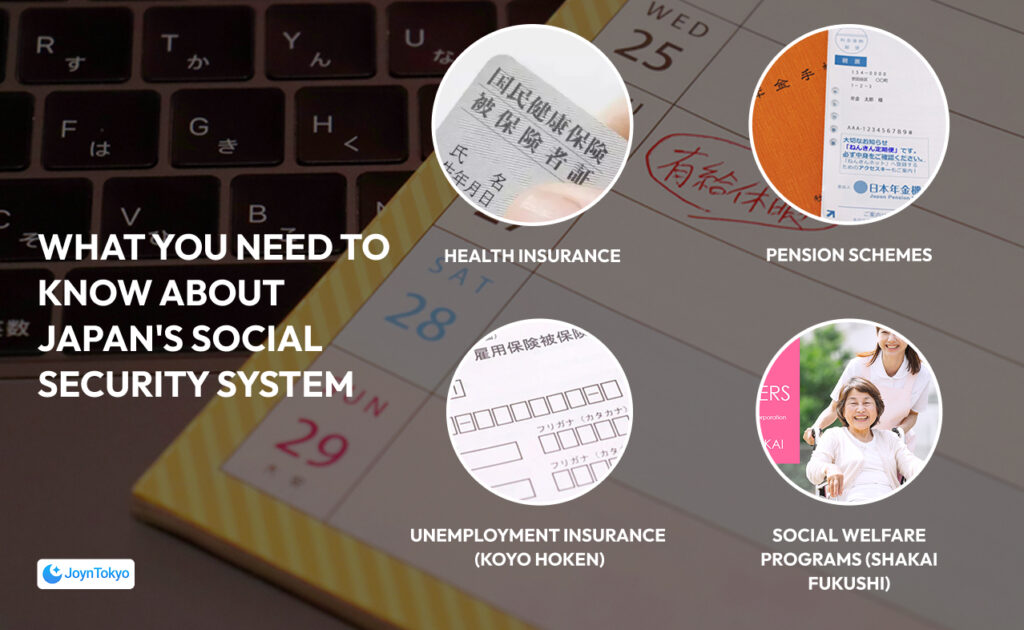
Japan’s social security system is a mandatory framework that provides healthcare coverage, pension benefits, unemployment protection, and long-term care support. Both Japanese citizens and foreign residents contribute to and benefit from the system, ensuring a safety net that balances costs during working years with financial and medical support during times of need.
Enrollment and Contributions
Employers typically register employees for social insurance, deducting contributions automatically from monthly salaries. This system funds various public services and is mandatory if you meet certain income thresholds.
Retirement and Pension Options
Those who stay in Japan for only a few years may be eligible for a partial lump-sum pension refund upon returning home. For those aiming to retire in Japan, pension payouts become available once you meet the minimum contribution period. Check any bilateral agreements between Japan and your home country for potential benefits or exemptions.
Read More
Women’s Rights in Japan

Women’s rights in Japan are shaped by the balance between deep-rooted cultural traditions and ongoing reforms aimed at achieving gender equality. While progress has been made in expanding opportunities in the workplace, politics, and education, challenges remain in areas such as leadership representation, work-life balance, and societal expectations around caregiving.
Work Opportunities and Support
Some companies are proactive in promoting women to managerial roles. Government policies offer maternity and paternity leave, highlighting a slow but steady shift toward work-life balance. However, challenges persist, with certain industries having fewer female leaders and strong cultural expectations around caregiving, including low uptake for paternity care, even where offered.
Cultural Shifts
Younger generations increasingly champion gender equality, fostering dialogue in media and politics. Women’s communities and networking groups, including those oriented toward expat professionals, provide mutual support and career insights.
Read More
Renting in Japan

Housing in Japan is often compact yet highly functional, especially in cities. Renting procedures can include unique costs such as reikin (key money) and the need for a guarantor.
Read More
Key Money and Guarantors
Reikin is a non-refundable payment to the landlord, often equivalent to one or two months’ rent. You may also need a guarantor, either an individual or a rental guarantee company. Planning your finances carefully and working with bilingual real estate agents can help making things easier and prevent surprises.
Apartment Hunting and Contracts
Online portals and real estate agencies can guide your search. Visit multiple properties to compare layout, age, and neighborhood atmosphere. Pay attention to contract details regarding lease duration, early termination fees, and subletting rules.
Read More
Health Care in Japan
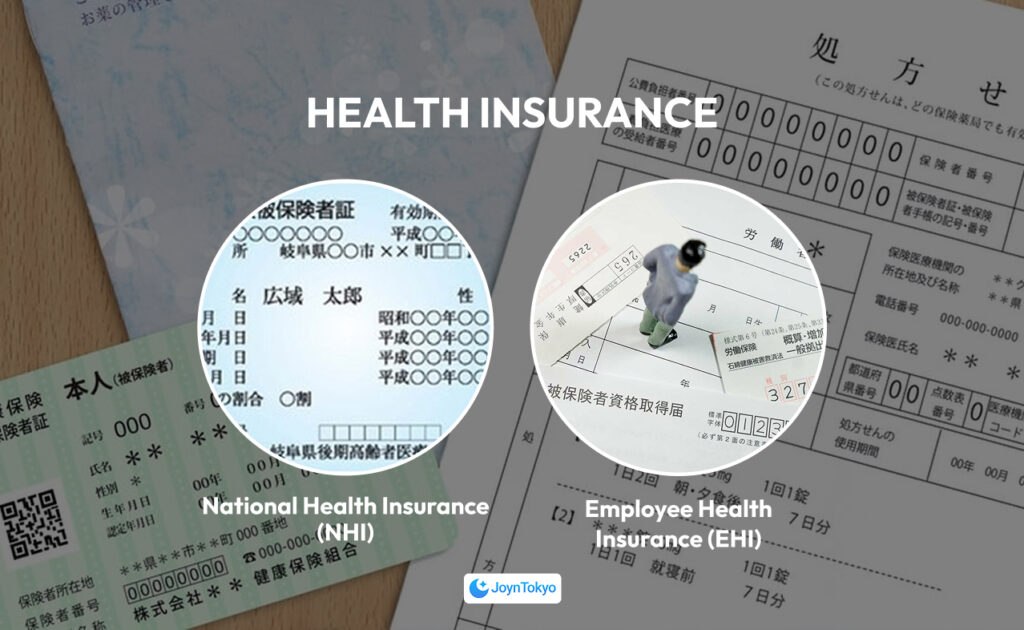
Japan’s healthcare system provides universal access through mandatory insurance schemes that ensure affordable, high-quality medical treatment for all residents. Coverage reduces the cost of doctor visits, hospital stays, and prescriptions, making healthcare both accessible and reliable across the country.
National Health Insurance (NHI)
If you lack employer-provided coverage, you typically join the municipal-run NHI. Premiums depend on your income, and insurance generally covers a significant portion of medical fees.
Accessing Medical Services
Major cities often have bilingual clinics or international hospitals. In smaller towns, consider learning essential medical terms or bringing a Japanese-speaking friend. Keep a record of your prescriptions and medical history for smooth consultations.
Read More
Pets in Japan

Keeping a pet in Japan can greatly enrich your quality of life, but it also comes with responsibilities and unique challenges. The country has detailed regulations in place to protect animal welfare and public health, and pet ownership often requires careful planning, especially for foreign residents who may not be familiar with Japan’s rules and customs.
Importing Pets into Japan
Bringing a pet into Japan involves detailed procedures overseen by the Animal Quarantine Service. Owners must notify authorities at least forty days before arrival and ensure that their pets are microchipped according to international standards. Proof of rabies vaccinations is essential, and in many cases, animals must also undergo a rabies antibody test at an approved laboratory.
The length of quarantine depends on the country of origin and the completeness of documentation. Pets arriving from rabies-free countries with full records may only face a short inspection, while others can be quarantined for as long as 180 days. Missing paperwork or incomplete preparation can lead to lengthy delays or outright refusal of entry.
Read More
Housing Challenges of Owning a Pet in Japan
Finding pet-friendly housing is one of the most significant obstacles for owners. Many apartments and rental houses prohibit pets altogether, while those that do allow them often require additional deposits or higher rent. Restrictions may also apply to the size or breed of animals permitted. Because of these limitations, tenants typically search for apartments specifically advertised as “pets allowed,” though such properties are less common in large cities like Tokyo and Osaka. Landlords and neighbors expect strict attention to cleanliness and noise control, making etiquette an important part of maintaining good housing relationships.
Read More
Schools in Japan
Japan’s education system is structured, community-oriented, and academically rigorous, combining strong fundamentals with an emphasis on social responsibility. While most schools teach in Japanese, options such as international schools provide alternative curricula for foreign families.
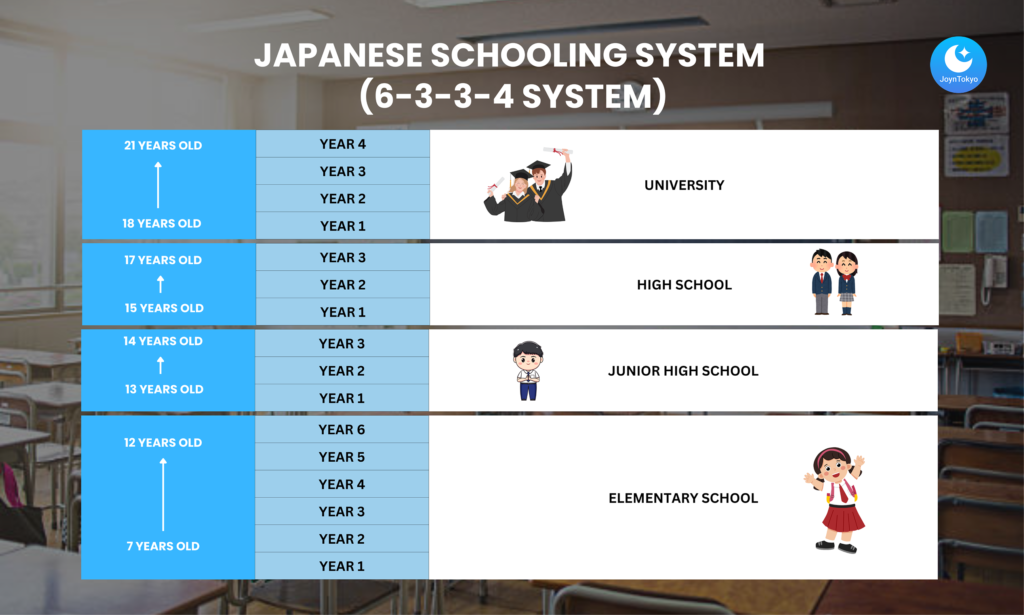
Education System Overview
Elementary school (six years) and junior high school (three years) are compulsory. Public schools generally teach in Japanese, though some programs support non-native speakers. International schools cater to diverse educational backgrounds but often involve higher tuition fees.
Enrollment Considerations
Parents should contact their local board of education for public school enrollment. Early planning, including Japanese language preparation, can help children transition more smoothly into new classrooms.
Read More
Religion in Japan
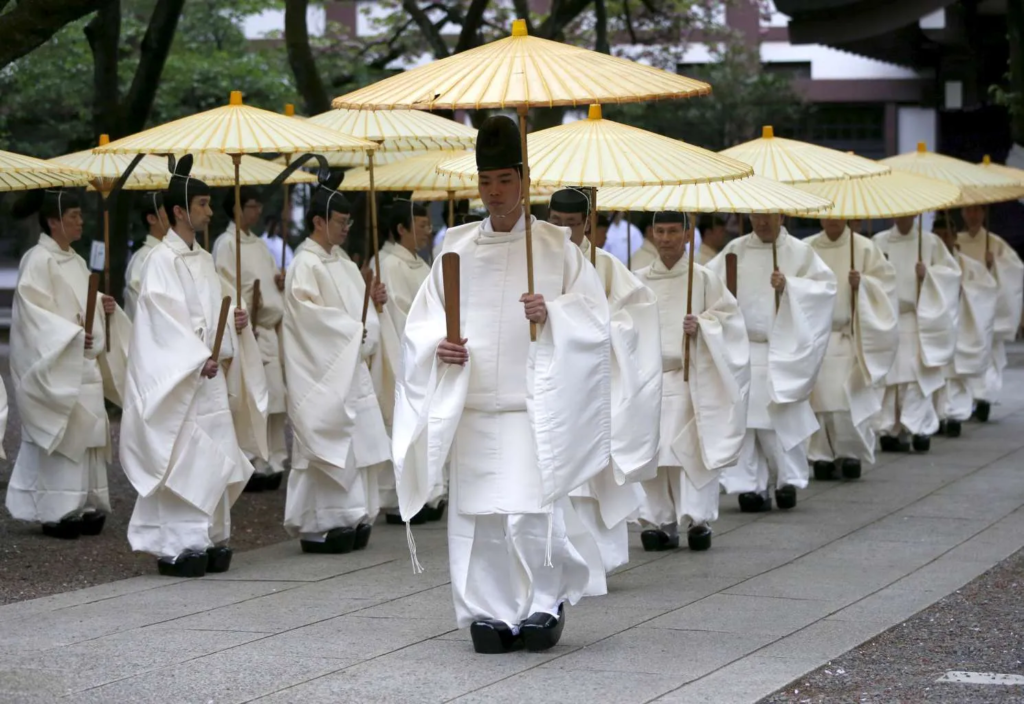
Religion in Japan is characterized by a harmonious blend of Shinto and Buddhism, with smaller communities of Christians and other faiths. Practice is often cultural rather than doctrinal, with many people observing traditions from multiple religions in daily life and seasonal celebrations.
Read More
Major Beliefs
Shinto focuses on kami (spirits) worship, and Buddhism influences funeral rites and significant life events. Many Japanese follow rituals from multiple traditions, reflecting a flexible cultural mindset rather than strict doctrinal adherence.
Religious Practices and Customs
Seasonal festivals like Hatsumōde (New Year shrine visit) and Obon (honoring ancestors) unite spiritual and secular elements. Temples and shrines often welcome visitors curious about local customs, providing insight into Japan’s historical and communal values.
Read More
Living in Japan offers countless opportunities for cultural immersion, personal and professional growth, and memorable life experiences. From navigating visa procedures to finding pet-friendly apartments, each step provides new insights into Japanese society. Keep an open mind, consult official resources for the latest information, and connect with local communities or expat groups to make the most of your stay


